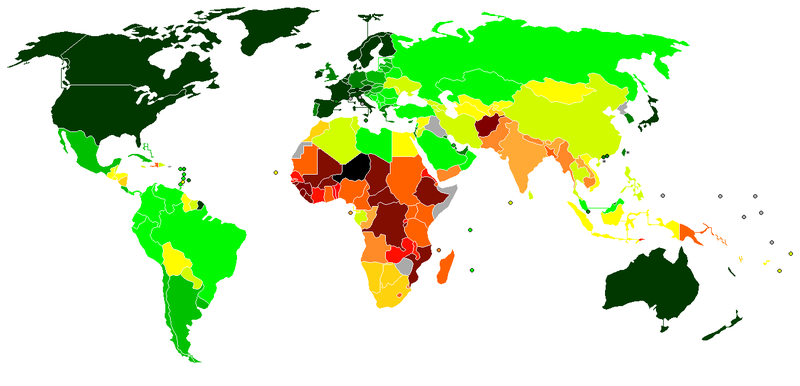Regional Economics

Course ID:
Semester: 6th
Year of Study:
Category: Economics Elective
For Erasmus Students: Όχι
Learning Outcomes
Upon successful completion of the course, students will have proven knowledge and understanding of issues related to:
- the regional economy and the regional level of economic activity
- the impact of economic policy on the regions
- the concepts of convergence, divergence and regional growth
- methods in regional economics and in particular for analyzing the impact of economic activity on the regional economy
- the impact of innovation and R & D on regional development
This knowledge is supported by advanced scientific textbooks and includes views arising from modern cutting-edge developments, such as the regional convergence process and social accounting matrices methodology.
Students should also be able:
- to use the above knowledge to approach regional development issues (sectoral or economy-wide) including the use of regional development incentives in the private and public sectors
- to gather and interpret regional policy data and regional or urban indicators from the European and national databases and in particular the Eurostat and use these data to shape critique that includes reflection on sustainable development issues in the regions and on strengthening local benefits.
- to be able to communicate information, ideas, problems and solutions of regional issues to the aware and knowledgeable public and also express the complex concepts of regional economic policy and the assessment of regional differences to a general audience.
Course Contents
Regional Economics: Introduction. Concept and types of regions. Regional Income and Employment Determination, Export Base Model, Keynsian Model, Regional Multiplier, Regional Multiplier Applications, Econometric Regional Models. Regional Input-Output Models, Input-Output Method, Product and Income Multipliers, Input-Output Applications. Neoclassical Models of Regional Development Inequalities. Regional Export Orientation Models. Interregional Migration, Classic Model of Labor Migration, Alternative Migration Models, Economic Impacts of Immigration.
Quantitative Methods of Regional Analysis: Regional Data. Various types of regional data, Organization of regional data, Regional data acquisition, Presentation of regional data. Descriptive Regional Data Analysis, Central Measures, Dispersion Measures, (Gini, Gini-Hirschman, Theil, Williamson, R), Lorenz Curve, Regional Concentration, Share, Interdependence, Specialization, Concentration Coefficients. Share factors (Location Quotient expressions), Entry factor, export base and export orientation templates, Specialization factor, Spatial Interdependence Coefficient. Shift-Share Analysis. Regional Demographic Models.
Urban Economics: The spatial structure of the urban economy. Concentration and clusters of activities. Globalization: cities, regions and economic policy. Modern analysis of urban and regional economic policy.
Teaching Activities
Lectures (3 hours per week)
Teaching Organization
|
Activity |
Semester workload |
| Lectures |
(3×13) 39 hours |
| Non-guided study |
111 hours |
| Total number of hours for the Course (25 hours of work-load per ECTS credit) |
150 hours (total student work-load) |
Assessment
End of semester final written exam
Use of ICT
Use of e-class for storing education material and communicating with students.


